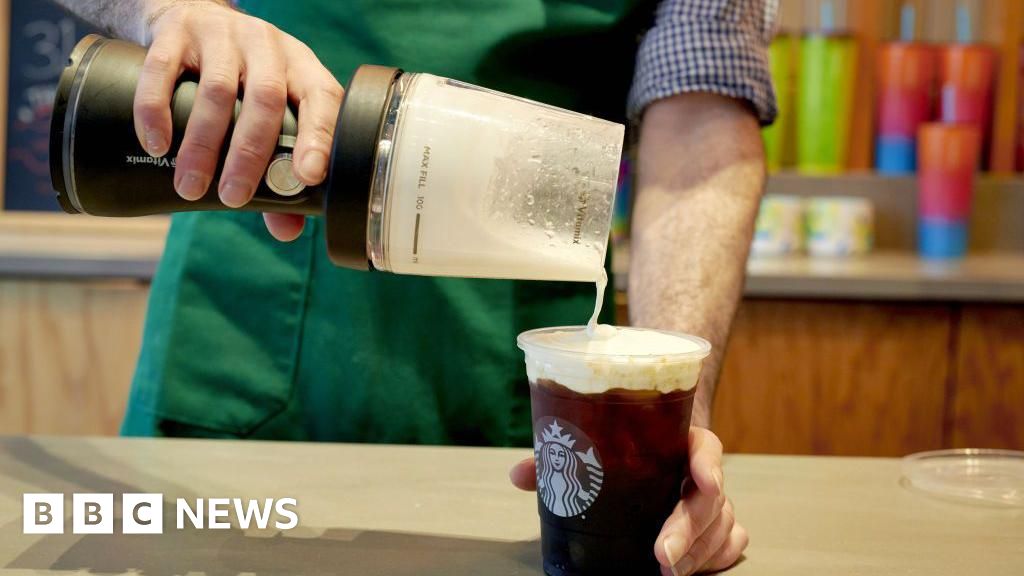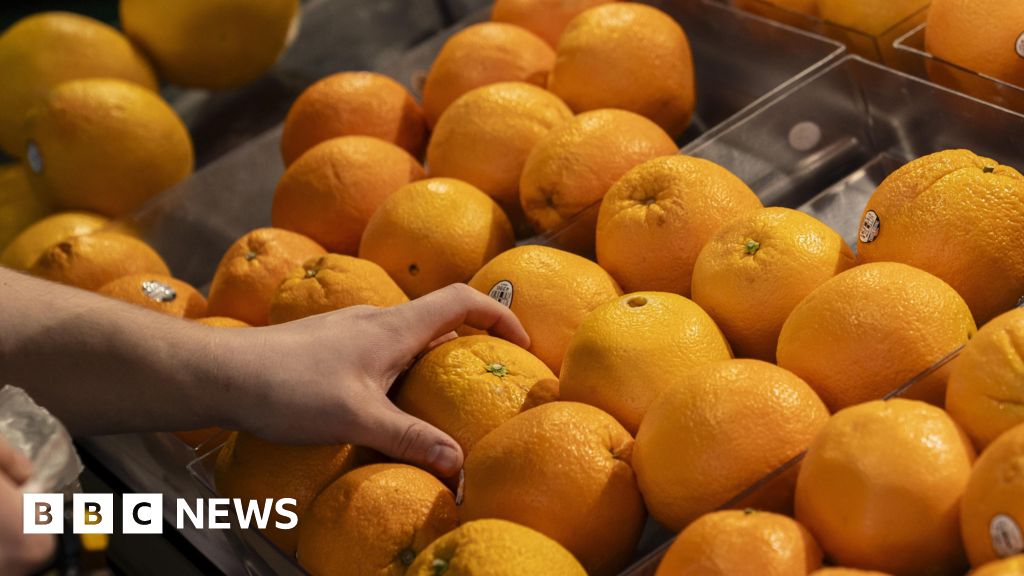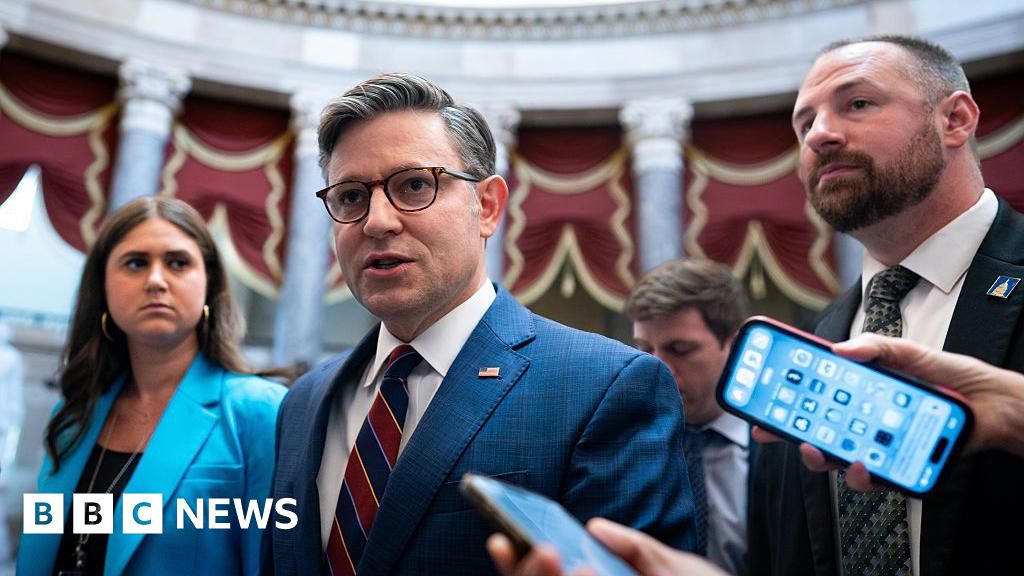Incoming boss Mr Niccol has led Chipotle since 2018, helping the brand recover from a crisis after food poisoning outbreaks.
Sales doubled during his tenure and the chain’s share price surged from less than $7 to more than $50, as the burrito-maker opened nearly 1,000 new stores and introduced robotic grills and automated processors to make guacamole.
In recent months, it has been seen as a bright spot in the restaurant industry, where many businesses have reported customers cutting back.
“It’s hard to leave such a great company and all of the talented people I’ve had the pleasure to work with, but I depart knowing the business is in great shape and poised for growth with a strong, experienced leadership team,” Mr Niccol said.
Shares in Chipotle dropped more than 9% after his departure was announced.
But Sharon Zackfia, an analyst at investment bank William Blair, said the new chief executive could be inheriting a tougher challenge at Starbucks than at Chipotle, noting that the company is both bigger and its problems more complex.
“While we cannot help but be more optimistic on today’s news, we suspect the path to recapturing lost sales will be less linear than it was at Chipotle, which did not face boycott pressures, perceived value questions or material speed of service issues,” she wrote.
Starbucks saw its sales boom as the economy re-opened from the Covid pandemic lockdowns.
But the firm soon found itself embroiled in fight with staff in the US, thousands of whom have voted to join a union, tarnishing its progressive reputation.
Last year, after Starbucks sued the union for a social media post expressing “solidarity” with Palestinians, the dispute landed it in the middle of debates over Israel’s war in Gaza, sparking global boycott calls.
Starbucks has blamed misinformation about its views, after issuing a blanket statement condemning violence in the region.
Credit: Source link











